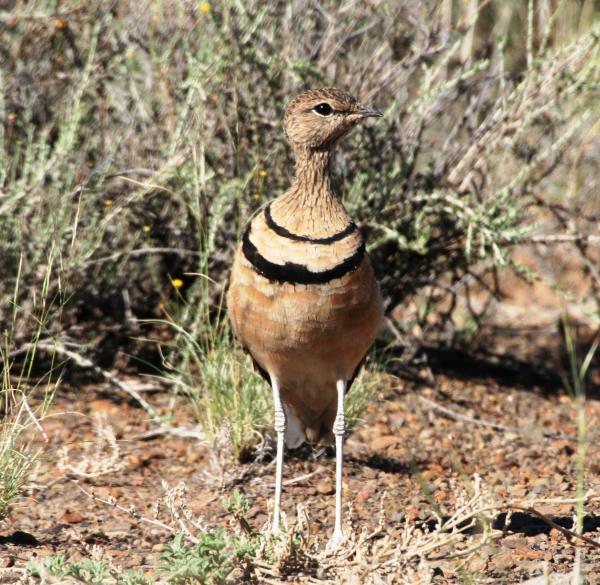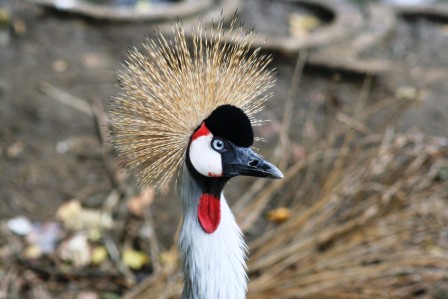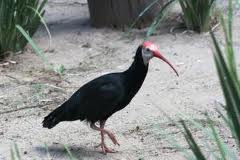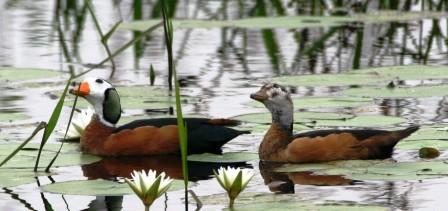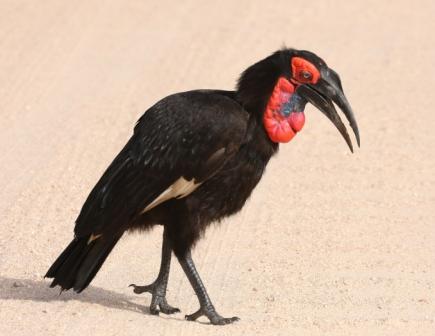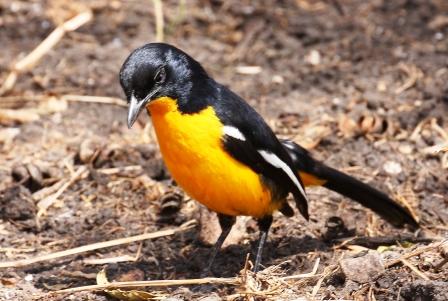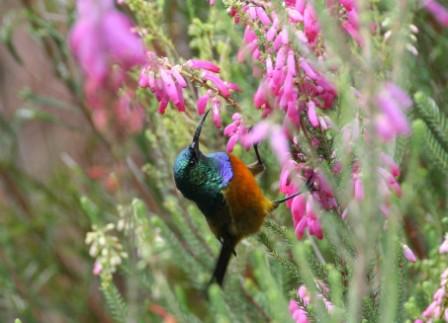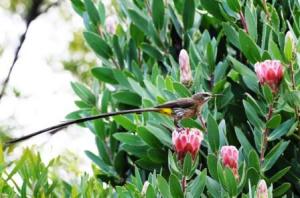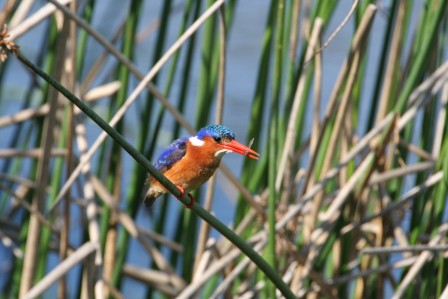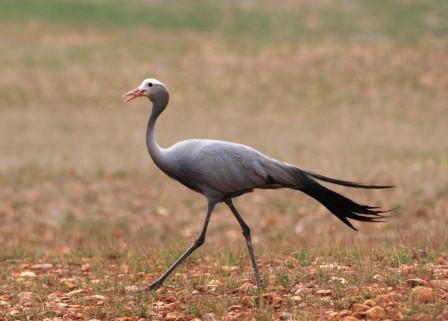|
|
JOIN OUR MAILING LIST |
|
Newsletter / Blog 2013-04-21 Great News - Conservation of marine IBAÂ’s in West Africa The coastal area of West Africa is historically known to be highly important for seabirds and palaearctic migratory birds. This evidence was clearly highlighted by the gap analysis of the West African Marine Protected Areas Network [RAMPAO] conducted by the International Foundation of Banc d’Arguin [FIBA] in 2012. Whilst most seabird nesting colonies are found on shore, to a great extent within Marine Protected Areas, their foraging and wintering areas are offshore outside existing MPAs with little or no protection measures. Furthermore, a greater percentage of the palaearctic migrants are found in unprotected coastal wetlands. The FIBA Foundation, with the support of the MAVA Foundation has initiated a first step towards protecting these offshore areas and coastal wetlands through a seabird conservation project (Alcyon) that will support identification of critical sites and resources for seabirds. This 3-year collaborative project with BirdLife International will build on the on-going Conservation of Migratory Birds project [CMB]. Alcyon project will promote the conservation efforts of La FIBA, BirdLife International and BirdLife project partners: Nature Mauritanie, Guinee Ecologie, Conservation Society of Sierra Leone, West Africa Bird Study Association (WABSA), Organização para a Defesa o Desenvolvimento das Zonas Humidas (ODZH). Association Nature-Communautes-Developpement (NCD), Biosfera I – Associaçao para Defesa do Meio Ambiente. The project will provide an opportunity to monitor seabirds and to understand the threats to seabirds and use of seabirds as indicator of good fishing areas by artisanal fisher folks. Additionally, the project will contribute to identification of candidate MPAs in West Africa.
White-tailed Tropicbird - Phaethon lepturus
The White-tailed Tropicbird breeds on tropical islands laying a single egg directly onto the ground or a cliff ledge. It disperses widely across the oceans when not breeding, and sometimes wanders far. It feeds on fish and squid, caught by surface plunging, but this species is a poor swimmer.
Brown Booby – Sula leucogaster This species breeds on islands and coasts in the pantropical areas of the Atlantic and Pacific oceans. They frequent the breeding grounds of the islands in the Gulf of Mexico and the Caribbean Sea. This bird nests in large colonies, laying two chalky blue eggs on the ground in a mound of broken shells and vegetation. It winters at sea over a wider area. |
| Back | Back to top |
 |  | Cape Town Tourism  |
|||||||||||||

